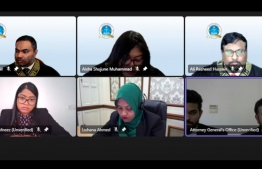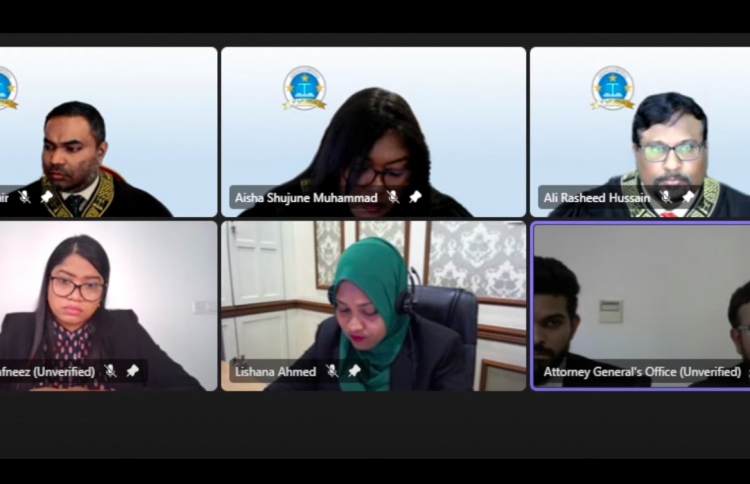
The prosecution said that receipts are not essential for disclosing information and that the same information could be provided through other documents.
The prosecution has argued in the Supreme Court that the High Court's wrongly ordered former President Ibrahim Mohamed Solih to disclose receipts detailing the expenses of his trip to the United States for a speech at the United Nations.
The High Court had upheld the Information Commissioner's order for the disclosure of these expenses. However, during the hearing, the prosecution contended that while information about the expenses could be disclosed without the actual receipts, the High Court had not considered this in its decision.
The prosecution asserted that receipts are not essential for disclosing information and that the same information could be provided through other documents. They sought to overturn the High Court's decision based on this argument.
The Information Commissioner's Office countered, emphasizing that the receipts ensure the authenticity of the disclosed information. They noted that the prosecution had not previously argued that receipts did not qualify as information and therefore should not be allowed to introduce this argument at this stage.
The judges queried whether the authenticity of the information could be maintained if it was converted into another document without the receipts, and whether the Supreme Court had jurisdiction to hear the case under the Right to Information Act.
They also asked for clarification on what constitutes third-party rights in this context.
The case will continue with further hearings, presided over by Justice Aisha Shujune Mohamed, alongside Justices Mahaz Ali Zahir and Ali Rasheed Hussain.



